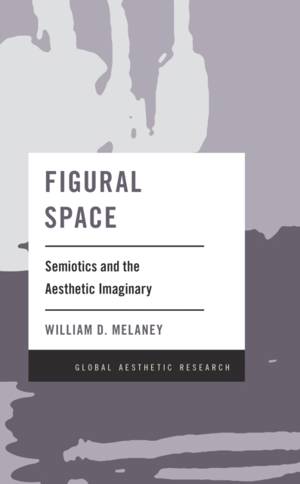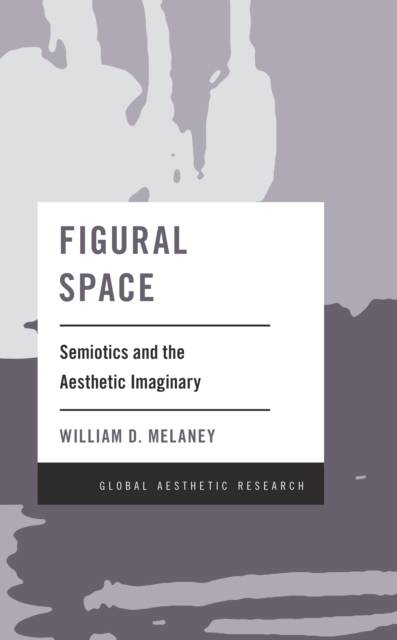
- Afhalen na 1 uur in een winkel met voorraad
- Gratis thuislevering in België vanaf € 30
- Ruim aanbod met 7 miljoen producten
- Afhalen na 1 uur in een winkel met voorraad
- Gratis thuislevering in België vanaf € 30
- Ruim aanbod met 7 miljoen producten
Zoeken
Omschrijving
This book is concerned with the continuing viability of both Freud and Hegel to the reading of modern literature. The book begins with Julia Kristeva's attempts to relate Hegelian thought to a psychoanalytically informed conception of semiotics that was first explored in her influential study, The Revolution of Poetic Language, and then modified in later books that develop semiotics in new directions. Kristeva's agreements and disagreement with Hegel are important to the book's argument, which ultimately defends Hegel against familiar, poststructuralist detractions. However, the book's conceptual argument requires a historical exposition, with chapters devoted to literary figures ranging from Spenser to Ishiguro. One of the purposes of the book is to demonstrate that Hegel's contribution to modern thought is at least partially exhibited in the history of literature, which also corroborates some of the deeper insights of psychoanalysis.
Specificaties
Betrokkenen
- Auteur(s):
- Uitgeverij:
Inhoud
- Aantal bladzijden:
- 204
- Taal:
- Engels
- Reeks:
Eigenschappen
- Productcode (EAN):
- 9781538147856
- Verschijningsdatum:
- 15/04/2021
- Uitvoering:
- Hardcover
- Formaat:
- Genaaid
- Afmetingen:
- 152 mm x 229 mm
- Gewicht:
- 471 g

Alleen bij Standaard Boekhandel
+ 440 punten op je klantenkaart van Standaard Boekhandel
Beoordelingen
We publiceren alleen reviews die voldoen aan de voorwaarden voor reviews. Bekijk onze voorwaarden voor reviews.







